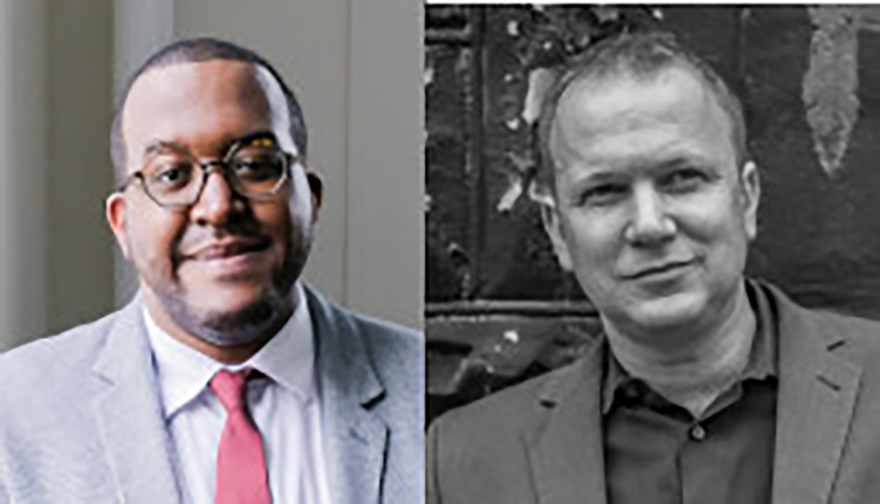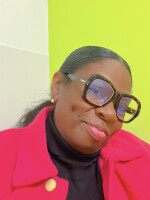Today, a conversation about racial inequality in the practice of medicine. A few months ago, a friend of Tom Hall, Ruby Hearn, put him in touch with a physician named Dr. Richard Reynolds. In the 1950s, as a young resident at Johns Hopkins Hospital, Dr. Reynolds and the Chief Resident, Dr. Wilbur Mattison, were the first to admit African Americans to the Whites-only ward at Johns Hopkins. Ruby thought Tom might be interested in Dr. Reynolds’ experience.
He was.
Dr. Reynolds and Tom first spoke last December. In his early 90s, the retired physician was spry and engaging. He had written an essay about his experience on that night, nearly 65 years ago, which has since been published in the Johns Hopkins Medicine Magazine. We made plans for him to be on Midday after the first of the year to discuss what happened, along with two medical historians, to understand what it took for Hopkins and other medical institutions around the country to desegregate their patient wards.
Unfortunately, those plans could not be realized. Dr. Reynolds had surgery in January. He was optimistic about recovering from that procedure, and we made plans to record an interview last week, but his health took a turn for the worse, and he entered hospice care. We are sad to report that Richard Reynolds passed away last Friday, at the age of 92.
Today on Midday, we'll continue the conversation that Dr. Reynolds began in his magazine essay, and we’ll talk about the Hard Histories at Hopkins project, in which the university examines its history of racial inequity and inequality.
Tom's guests are two medical historians who knew Dr. Reynolds. Dr. Jeremy Greene is a physician at Johns Hopkins who is a professor of medicine and the history of medicine, and the Director of the Center for Medical Humanities and Social Medicine…
Dr. Ezelle Sanford, III is an Assistant Professor of History at Carnegie Mellon University and a Visiting Assistant professor at Johns Hopkins. He studies the intersection of African American, medical, and urban histories, with a particular interest in the histories of race, science, and medicine from the 19th century to the present…
Dr. Jeremy Greene and Dr. Ezelle Sanford join us on Zoom.

You are welcome to join us as well…Call at 410.662.8780. email [email protected], or Tweet us @MiddayWYPR
For those of you interested in further exploring today's topic, the Johns Hopkins School of Medicine will be sponsoring a conference called Reckoning with Race and Racism in Academic Medicine. It takes place on May 5 and 6, 2022. For more information and to register for the event, click here.






